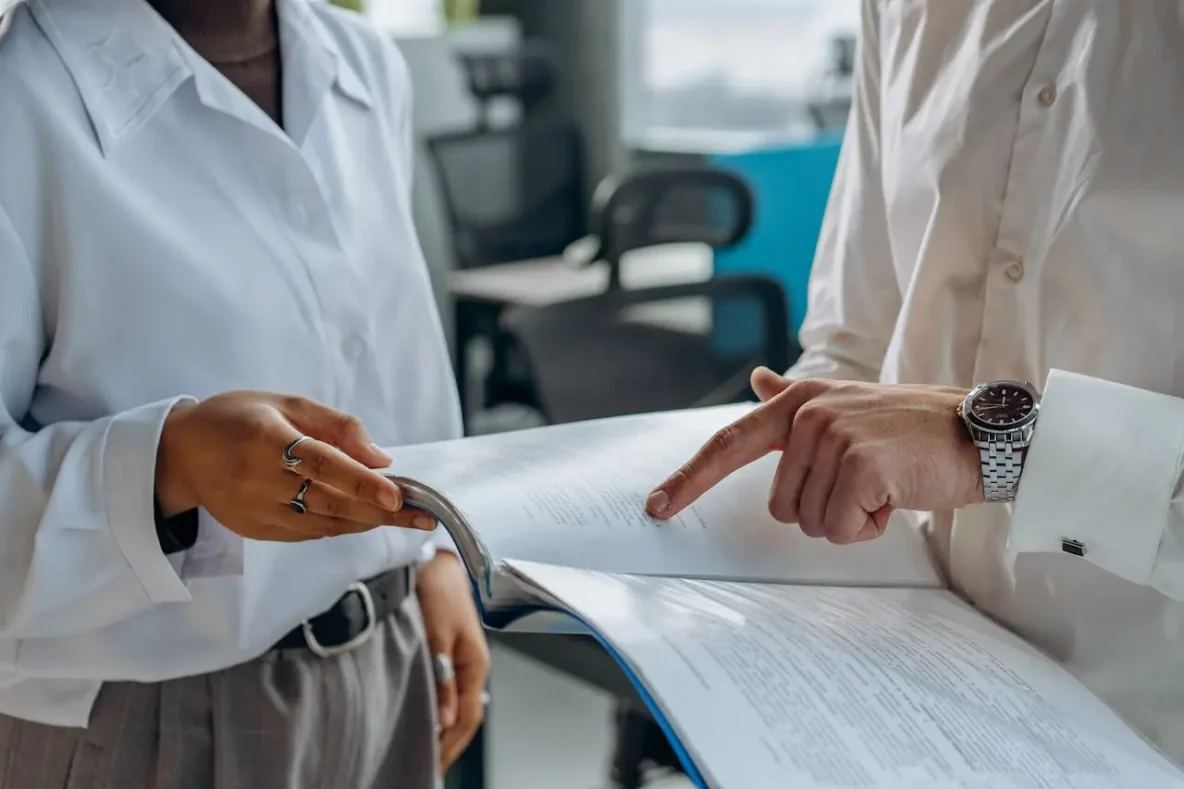The Civil Litigation Solicitors at Eldwick Law specialise in complex, multi-jurisdictional Freezing Order law.
Based in Central London, we have the expertise and resources required to advise and represent people subject to a Freezing Order and make successful applications for these injunctions.
Finding out a Freezing Order has been made against you is usually a shock, primarily because these injunctions are typically issued without prior warning. You, your family, and innocent third parties can be negatively affected by a Freezing Order, which is why fast, accurate legal advice is crucial.
-
+447903733137
-
+4402038755629
FAQ
What is a Freezing Order?
A Freezing Order, also known as a Freezing Injunction, is a Court Order that prevents the Respondent from dealing with or disposing of assets such as money held in bank accounts, shares, investments, land, and property such as art, cars, and jewllery.
Does the Respondent have to be notified about a Freezing Order application?
No, in fact most Freezing Orders are made without notice (ex parte) to ensure the Respondent does not dispose of any assets before the injunction comes into force.
Two conditions must be satisfied to successfully apply for a without notice Freezing Order:
- Notifying the Respondent would likely cause the Applicant injustice because the former would have an opportunity to hide or dispose of the assets subject to the Freezing Order, and
- Any loss or damage the Respondent may suffer due to the injunction being granted without notice can be compensated for via an undertaking for damages which the Applicant must agree to.
Exceptionally urgent applications for Freezing Orders can be granted without the above conditions being met.
What happens if I breach the conditions of a Freezing Order?
Breaching a Freezing Order can have serious consequences. You could be held in contempt of court, and if found guilty, you could go to prison.
How can I get a Freezing Order lifted or varied?
If the Freezing Order was granted without notice, the Court would state that a second hearing must take place, generally within seven days of the initial hearing in which the injunction was granted. This is known as the ‘return date’ and the hearing will give you a chance to argue that the Freezing Order should be varied or discharged.
You must contact our Freezing Order Solicitors in London immediately to challenge the injunction. To have a Freezing Order discharged, you will need to provide solid evidence that the Applicant did not comply with the obligations set by the Court when applying for a Freezing Order (for example, they did not make a full and frank disclosure) or the risk of you dissipating your assets is non-existent or so minimal that there is no arguable case for imposing such a draconian injunction.
A Freezing Order can be varied if you can prove, on the balance of probabilities, that its terms are too oppressive.
If a Freezing Order is wrongly granted, you will receive compensation as the Claimant must undertake to pay any damages you suffer.
Can Eldwick Solicitors help me apply for a Freezing Order?
Our Solicitors have extensive experience in applying for Freezing Orders in civil litigation disputes. Because this type of injunction can negatively affect not only the Respondent’s life but also their family and third parties, you will need our team’s expertise to make a successful application.
The Court must be satisfied that:
- There is a strong case for granting the Freezing Order,
- There is a real risk that assets will be hidden or disposed of, and
- It is just and convenient to grant the Freezing Order, taking into account your (as the Claimant) conduct, the rights of and any impact upon third parties who may be affected by the Freezing Order, and whether the injunction will cause legitimate and disproportionate hardship for the Respondent.
Why Choose Us?
What differentiates us from other law firms is our focus on niche practice areas and the commitment of our team to getting results.
We carefully listen to your objectives and work strategically to meet them. Whether you are applying for or have been made subject to a Freezing Order, you can be confident that we will take care of you and your family’s best interests and achieve the outcomes you want quickly and effectively.
To make an appointment with our Civil Litigation Solicitors, please get in touch with us at mail@eldwicklaw.com or phone our London office on +44 (0) 2039728469.

